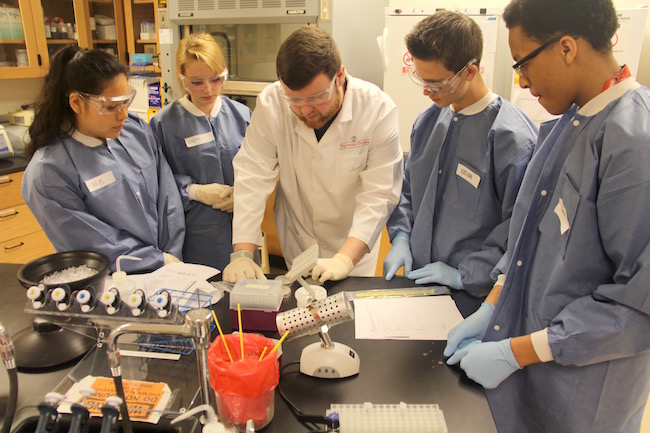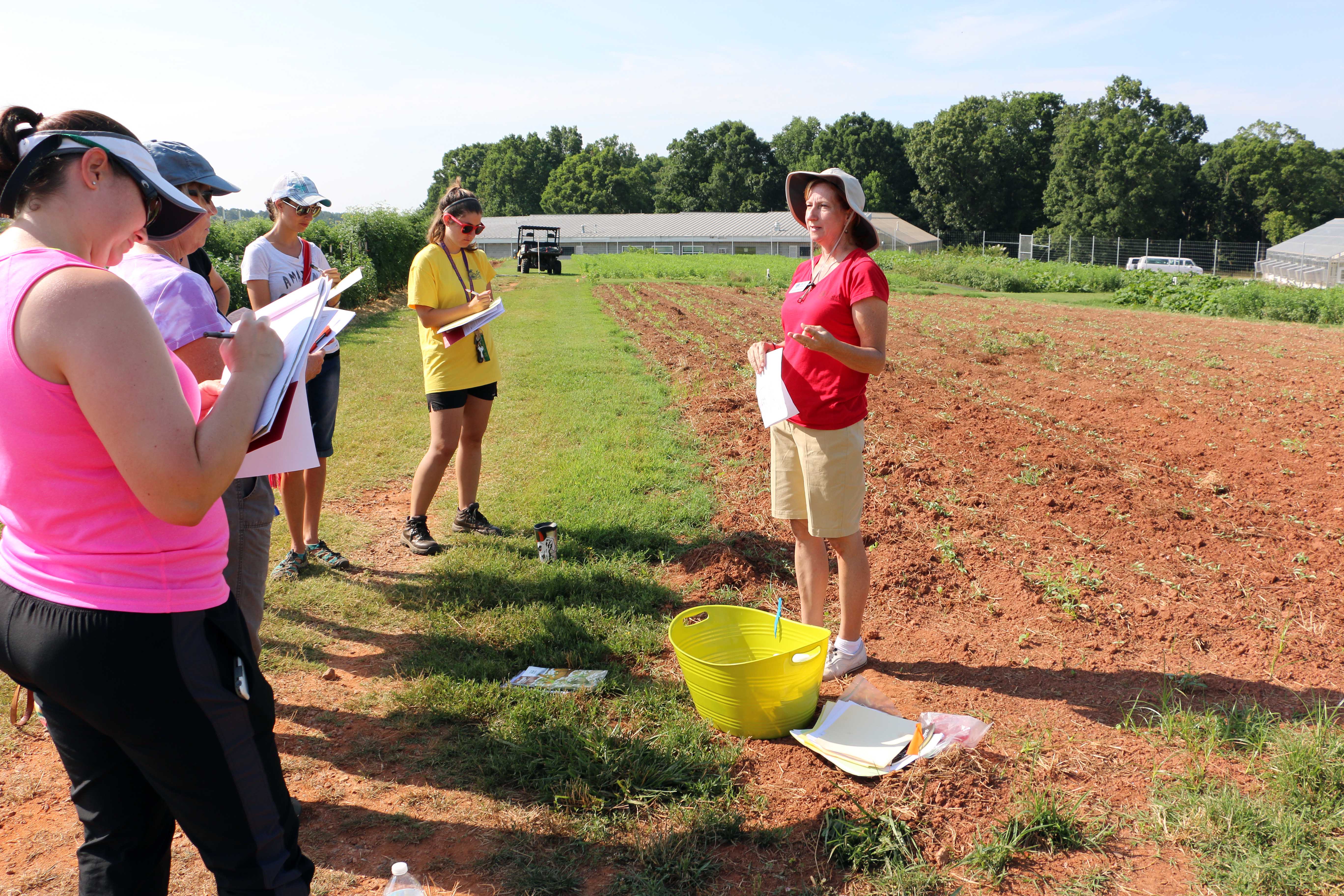Whether a child’s been back at school three weeks, three days or three hours, germs are multiplying. And with the added stress of a new school year, children are more likely to get sick.
“It’s important to keep children’s stress under control and to teach them strategies for handling stresses when they come up,” said Diane Bales, a Cooperative Extension human development specialist with the University of Georgia College of Family and Consumer Sciences.
The body’s reaction to stress is to send out a hormone known as cortisol. While cortisol helps the body handle stress, it also temporarily suppresses the immune system.
“Some children tend to get sick more easily when they go to school for the first time or move to a different group of children,” she said, “because they’re exposed to different germs.”
In the face of snotty-nosed children and mounting stress, helping a child stay healthy may seem impossible. But Bales said parents can take steps to keep illnesses manageable. And when children do get sick, she has simple tips on keeping them nourished.
Illness prevention starts with “good, regular, hand washing on the part of both adults and children and good cleaning practices to cut down on the spread of germs,” she said.
While clean hands and surfaces may help reduce illnesses, it’s not the only factor. A healthy child starts with parents who help them build healthy bodies at home.
“Good nutrition, regular physical activity and adequate rest are all important,” she said. “Good nutrition is essential for providing a child’s body everything it needs to stay healthy. Including a variety of fruits and vegetables, whole grains, lean meats and low-fat dairy products is important.”
When a child does get sick, she still needs to eat. Bales unravels the food mystery with a few simple tips based on common childhood illnesses.
- Colds. “A child with a cold needs to drink lots of fluids, especially water and juice, so he stays hydrated,” she said. Other good foods include soup, yogurt, ice cream and applesauce. “It’s fine to give your child milk if she wants it.”
- Fevers. “Children lose lots of fluids during a fever, so it’s important to keep them hydrated,” Bales said. “Encourage your child to eat small amounts of light foods, but don’t force her.” Call a doctor if your child’s fever stays high or persists for more than 24 hours.
- Vomiting. “When your child is vomiting, don’t give him any fluids or foods,” she said. “Offer him some fluids about an hour after he has quit vomiting.” After a few hours have passed with no vomiting, Bales suggests small portions of mild foods such as bananas, rice, applesauce and toast.
- Diarrhea. “One of the biggest risks is dehydration,” she said of diarrhea. “Offer your child fluids over and over. Try diluted juice or sports drinks if she won’t drink water.” When a child has regular diarrhea - three times in three hours - an oral rehydration solution “helps restore the balance of electrolytes in your child’s body.”
- Sore throats. “Warm liquids are best because they’re soothing to the throat,” Bales said. Warm liquids include soup, tea with honey and hot chocolate. For children who push aside warm liquids, cold liquids such as Popsicles, ice cream, frozen yogurt and milkshakes may also help.
If your child is still sick after 24 hours, call the doctor.
“It’s very important to call your child’s doctor if you have any questions,” Bales said, “or if your child doesn’t seem to be getting well.”




